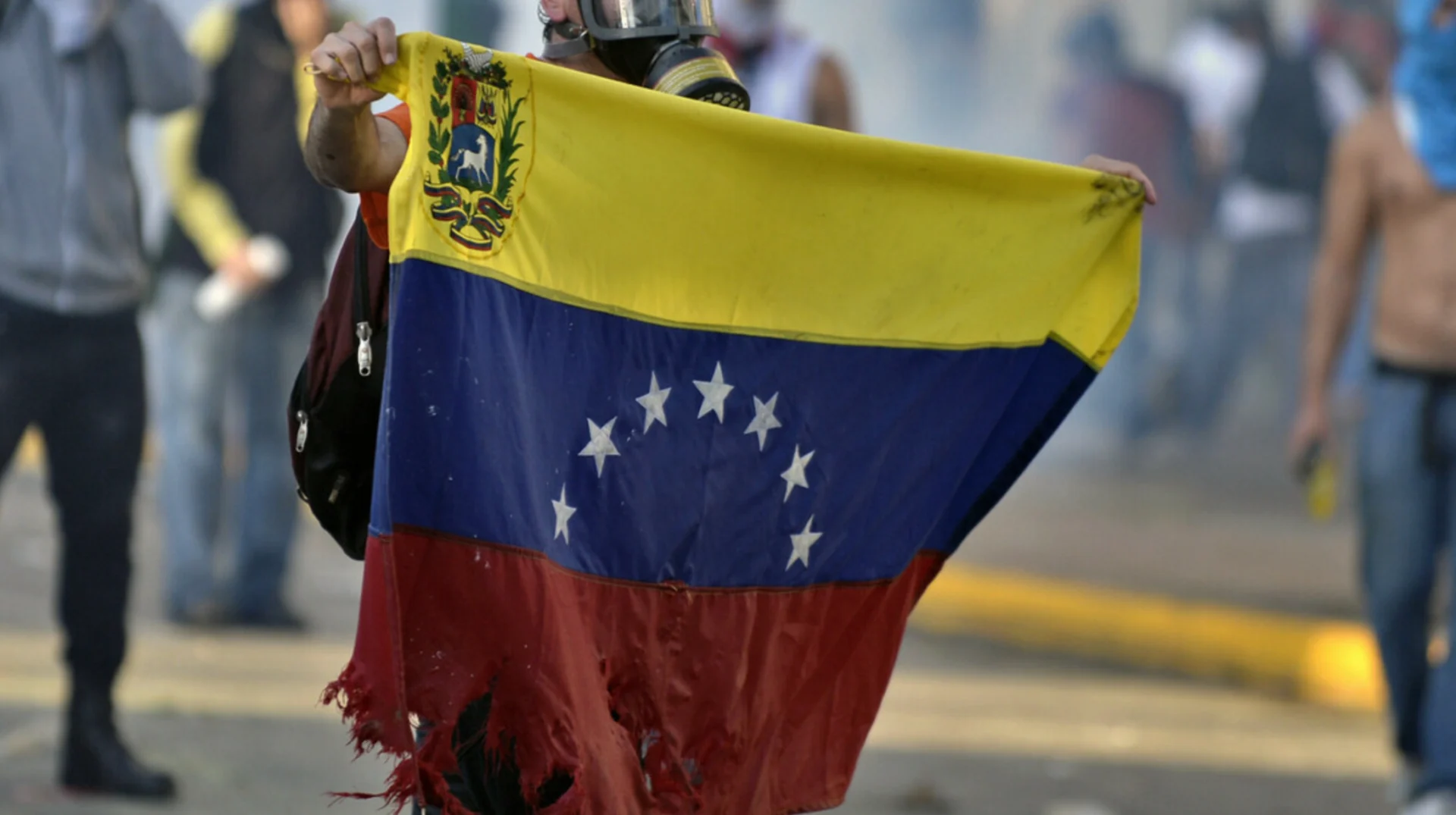Building a political alternative
The presidential elections on Sunday, July 28, were seen as a crucial milestone for the future of Venezuelans. After a quarter of a century under the ruling of Hugo Chávez and Nicolás Maduro, was there any chance for a political shift in the country? Could such a change be achieved through the electoral process?
For the political opposition, the challenges were enormous. Initially, it was necessary to build a united candidacy capable of reaching election day. This had to be done with limited funding for political parties, restricted access to media, limited freedom of movement across the country, parties intervened by the judiciary and no longer possessing their symbols and cards, among other obstacles.
New hurdles emerged along the way: political disqualifications, the persecution of various campaign team members, harassment of campaign helpers, difficulties in registering poll watchers in the week leading up to the election and more. In essence, to play the game, one had to play by the rules set by the system.
Ultimately, the opposition managed to build a viable option up until the decisive day, embodied in the duo Edmundo González-María Corina Machado. They also organized a citizen monitoring apparatus at all polling stations, despite the associated risks. And they set up a website to post the vote tallies from each polling station, official documents identified with a QR code and copies of which are to be kept by the National Electoral Council (CNE) and representatives of various political forces.
Results and reactions
Several days after the election, the CNE has yet to publish detailed results, but has already declared Nicolás Maduro the winner with 51% of the vote. They claim that the process was hindered by cyberattacks from North Macedonia and blame Elon Musk for participating (the South-African born mogul has been feuding with Maduro on his social media platform X). They also assert that the opposition’s tallies, indicating Edmundo González won 67% of the vote, are falsified.
Starting on Monday, the 29th, protests erupted in various cities across Venezuela. Maduro and other high government officials have described these as “fascist outbreaks” led by “terrorists,” claiming to have arrested over 2,000 individuals involved in these activities. At the time of writing this article, Foro Penal has identified 1,152 of these detainees. Various civil organizations, including Provea, have reported more than 20 fatalities. The prosecution has charged González and Machado with usurping CNE functions and arrest warrants are proliferating.
International response
The Carter Center, which unlike the European Union (EU) was able to attend the election on-site, issued a statement noting that the conditions under which the elections were held were not democratic. Some countries have recognized Maduro as the elected president, including Bolivia, Honduras, China, Russia, Iran, Cuba and Nicaragua. Others recognize Edmundo González as the winner, specifically Argentina, Costa Rica, Ecuador, the United States, Panama, Peru and Uruguay. The Venezuelan government has withdrawn its diplomatic staff from several of these countries, inviting them to do the same with their accredited missions in Venezuela.
Most countries, however, have called for a wait-and-see approach, holding off on a definitive stance until the CNE presents the results from each polling station. Notably, the EU and Brazil under Lula are leading a diplomatic effort, alongside Presidents López Obrador of Mexico and Petro of Colombia, to facilitate a political resolution to the current crisis in Venezuela.
Several options are being considered, while the Brazilian government has taken on the protection of six members of the Machado/González campaign team who were sheltered in the Argentine embassy in Caracas, which has now been evacuated by the southerners. Brazil has previously facilitated political dialogue in Venezuela, whether internal or with other nations (2004, 2009, 2014).
Challenges and prospects
The results of the July 28 election mark a turning point in Venezuela. Unless it can prove otherwise—which so far it has not—the chavismo-madurismo faces its first clear defeat in a presidential election. Meanwhile, none of its main representatives have publicly considered the possibility of stepping down or offered significant gestures of reconciliation with the opposition. On the contrary.
However, the accumulated wear and tear over a quarter-century in power has become more than evident. The officialdom’s political offer does not convince the vast majority of the country. The demand for change is widespread, even within chavismo’s ranks. While repression may yield short-term results, allowing the current rulers to cling to power for now, it also negatively impacts internal cohesion and social support.
Following the events of July 28, chavismo-madurismo faces the opportunity to emerge from its inevitable current decline and undergo comprehensive renewal. It could—like other official political forces during previous transitions—restructure itself to become competitive under democratic conditions. It could avoid a potential medium-term collapse and negotiate now the foundations of a new political system, with a friendly facilitator like Lula, in the context of a presidential election and cooperating to establish the conditions for an orderly change.
Clearly, not all current officials have the same incentives to proceed accordingly. Not everyone has the same stakes or potential gains. But the future of chavismo hinges on its ability to renew itself during this critical juncture. Likewise, the future of Venezuela as a nation seems to be tied to this possibility.
*Translated by Ricardo Aceves from the original article in Spanish.













